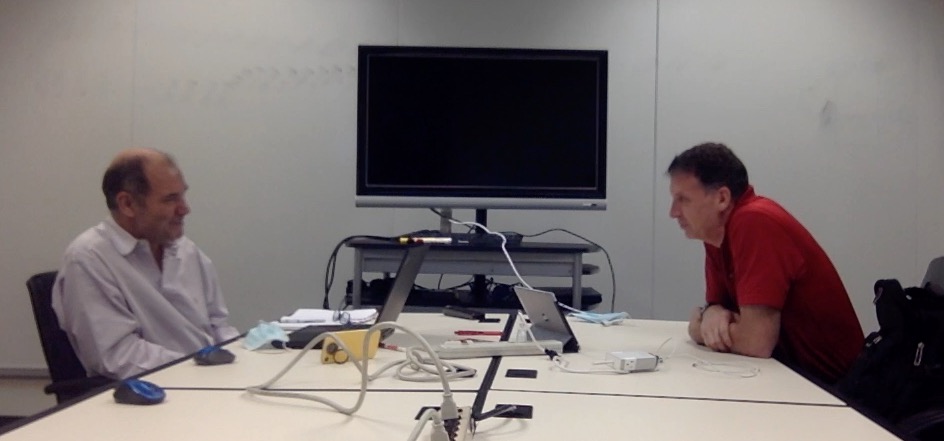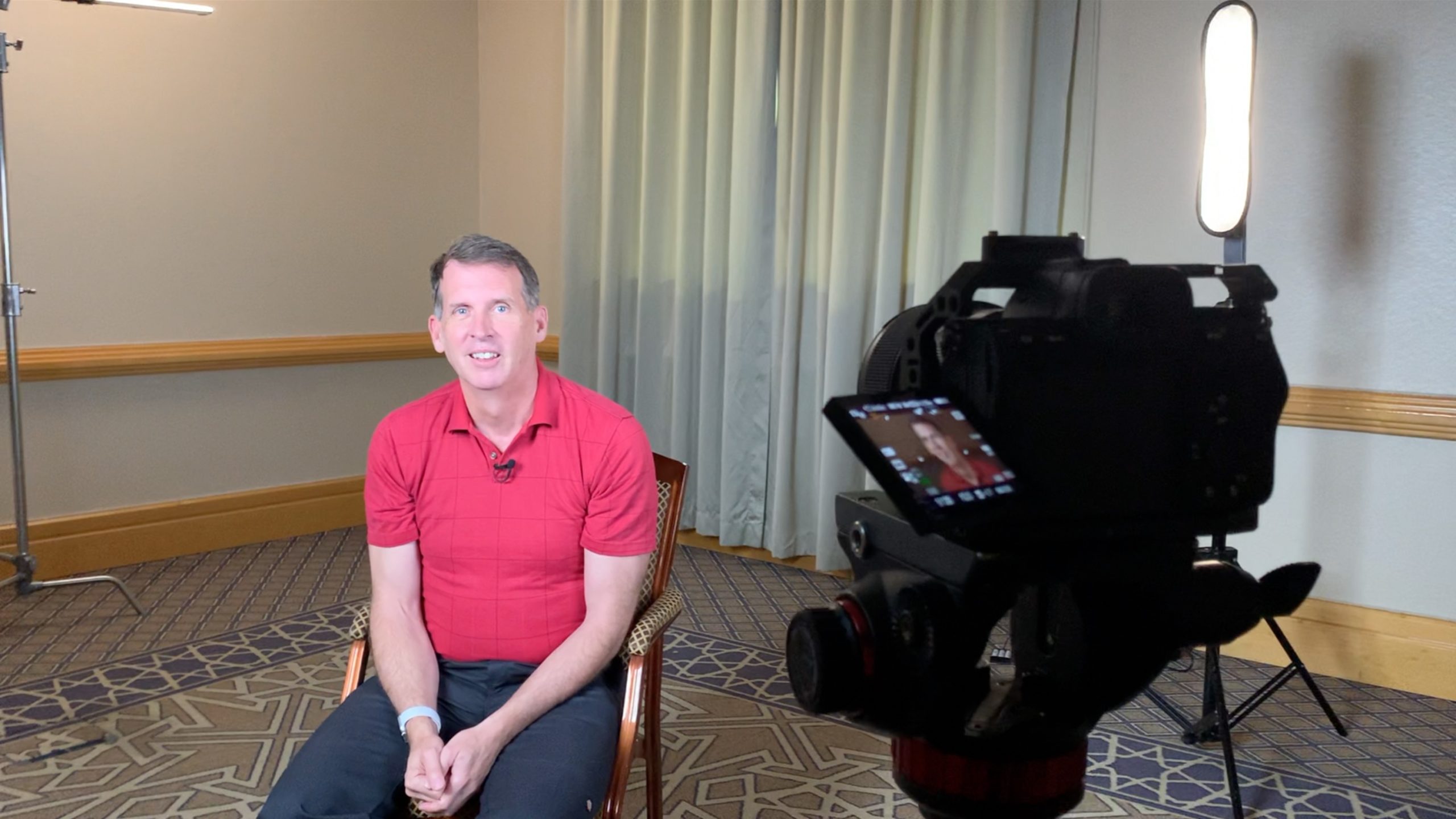Today’s conversation is the last in a series with Dr. Eric Denna. In this episode Eric highlights the difficulty in changing the basic way our financial systems work, but also noting that they are ripe for disruption.
He gives a couple of interesting examples from other domains, where the pressure to change was building over a long period of time, but when the changes started to occur, it surprised those who were not steeped in the issues.
>>> Related Post: Financial System Computing Trends <<<
My textbook, Balancing Act: A Practical Approach to Business Event Based Insights starts by noting Eric told me to study history. It then moves onto another mentor who Eric introduced me to, Rick Roth, who said the true test of an expert is their ability to predict.
In the last episode, Eric said his appetite for predicting has declined with the years; my own observation has been that it is much easier to detect trends and what will happen but predicting how is more difficult, and when is even more difficult.
>>> Related Post: Our Need for New Financial Systems <<<
But accurately predicting how and when has been done at times. In brief, given the most recent economic news mixed with my deep consideration the last few years, I believe the following is where we are headed:
- Any currency is fundamentally transferrable credit, whether issued by a government or any other entity. The most effective type of transferable credit over time is that which is backed by integrity–the commitment of the person issuing the promissory note to repay–as the value of any other asset in the future will always be uncertain.
- Trustworthiness begets efficiencies, efficiencies not available in any other way. Its power is akin to that of intelligence and knowledge. Those who are trustworthy will continue to find ways to enhance the efficiencies from interacting with others also committed to trustworthiness and integrity.
- In the same way fundamental bookkeeping increases intelligence by accurately and understandably recording what has happened and projecting what will happen, trustworthiness and integrity increase efficiencies through community, sharing, specialization and mutual dependence. “Trustlessness,” one of the Bitcoin blockchain goals, is a dead end road.
- The forgotten knowledge embedded in our financial systems, including what a ledger is and how to improve it, can be recovered and enhanced, and the incredible efficiencies created by those who have gone before can be increased, and extended to perhaps billions of people, including the most simple and poorest merchants in the world, enabling access to knowledge through bookkeeping, at reduced costs through sharing, distributed by low-cost technologies.
- The resulting system will fundamentally be about organized, accurate, updatable, understandable, secure and accessible financial data. It will be broadly controlled by the owners of the data, their partners, both directly and speaking through their governments and other institutions. The change may be so radical it may upend the current concentration of capital.
- These changes will be abetted by the failure of trustworthiness and integrity in some existing financial and business institutions, and furthered by the courage, intelligence and caring of the many committed to integrity.
- I believe I will live to see a good portion of these predictions realized, in one way or another.
>>> Related Videos: Social Banking/Social Commerce Video Series <<<
This is Episode 205 of Conversations with Kip, the best financial system vlog there is. It concludes the fourth year of continuous vlog production. The full interview with Eric can be viewed here. Literally learn more–about ledgers and financial systems–at LedgerLearning.com.
Watch all episodes in order at the Conversations with Kip Playlist.





Leave a Reply